The Best (and Worst) Carnegie Required Readings
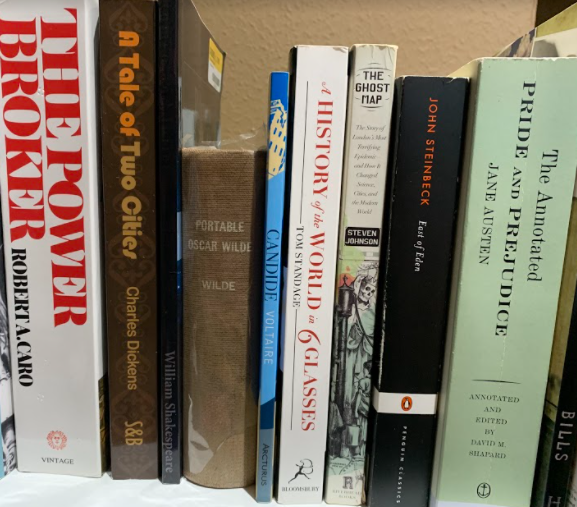
Some of the books I have read throughout high school.
In the past four years or so, Carnegie has forced us to read books for many different classes. I enjoyed the experience of getting to read stories that I normally would not read, while some people I know have hated it, while others have not actually read the books required. Reading lists are changing, but the classes stay the same, so if you’re a junior, chances are, you’re reading the same books I did when I was a junior. So, here is a list of what I believe to be the best and worst books I have read in Carnegie.
The Best:
1. All Quiet on the Western Front
Even in its very first sentences, Remarque’s remarkable novel, inspired by his own experiences in World War I, draws the audience in with a magnetic, fascinating energy. It’s descriptions are harrowing. It contains many memorable scenes, particularly those of battle: one that comes in pretty early on is when the main character, Paul, has to hide from enemy soldiers in an old cemetery, while evading shells and chemical weapons attacks. Another is when he finds out that one of his school friends, who was lost in no man’s land earlier, is in fact alive, though badly wounded, but as he tries to make it back to the German trenches, he is brutally murdered. The fact that Paul is a teenager makes his story even more compelling, and dare I say relatable. I read All Quiet as part of my World Wars class, and maybe it wasn’t a great idea to read it during a global pandemic while watching a whole bunch of intense war movies at the same time, because it seemed to depress me even more, but I’m still glad I’ve read it. Strangely enough, you find the story even more relatable as a Carnegie student, because sometimes it feels like you’re fighting an uphill battle against an endless array of assignments, tests, projects, and quizzes. Not everyone might have read this work, but I think everybody should. P.S.: If you like war movies, there’s a film adaptation of this as well.
2. East of Eden
I read this book shortly before 11th grade, and then we read it as a class in AP Lang. I had stayed away from John Steinbeck books for a long time, and starting with this was a great choice. Steinbeck himself called it his magnum opus. It is a story of epic proportions that takes place over generations. Sure, it’s violent and disturbing at times, but just like The Great Gatsby, it makes you feel everything as you’re reading through it. It is beautiful, tragic, and fascinating. Also, the project we did after reading this book was one of the more interesting projects we have done. We had a month to create a website, with an analysis of the book, an analysis essay, a piece of music to go with the ending, and a companion piece of media that could be taught along with the book. It was a tiresome project, but it was fun too. I believe that during the pandemic, we all needed something that was a little more interactive, so getting to share your tastes and preferences with others while discussing this work helped a lot. Additionally, the central theme of the novel, that we have control over our destinies and can make good or bad choices, is very powerful. During the pandemic, thinking about colleges, the SAT, and career choices was extremely overwhelming, so it was reassuring to have a reminder that I was in control of the process, and that everything would be alright.
3. The Great Gatsby
Saying that this is one of the most elegantly written books of all time does not do justice to the incredible quality of its writing. It is one of those books that is so well thought and filled with so much emotion that by the end, you really feel human. I wish more books were written this way, and I wish we could read more of them. As for its literary significance, it is probably one of the most important things I’ve read in high school. What’s left to say? It’s the Great American Novel. Sure, on first reading, I thought it was shallow and boring and filled with sad rich people. But having read it again for AP Literature, I have come to believe that my initial assessment was wrong. This book is a masterpiece. Really, I’m just sad that we were only given 2-3 weeks to read and analyze it. There are so many things that could be discussed and debated here; each word seems to have a meaning, a larger significance. Each image is wonderfully and gracefully painted before a reader’s eyes. From the description of America, to the characterization of Gatsby and Daisy, to the conversations between Nick and the other characters, this book is full of memorable moments made even more interesting by subtext. Go read it if you haven’t already, and then buy a copy so you can read it again.
4. A History of the World in 6 Glasses
Now here is something that was fun to read. Sure, we were only supposed to read the first 2 sections, but it was an easy enough read to keep going. History through the lenses of food and drink is rather fascinating. The idea that drinks and products could become political symbols, and that they could play such a large role in the development of human society was very impressive. The book also featured a lot of fun facts. For example, did you know that one of the first protests of the French Revolution started outside a coffee house? Did you know that Coca Cola was initially sold as medicine, and rose in popularity because of Prohibition? Find out about all this and more, in A History of the World in 6 Glasses. Trivia aside, this book actually makes you think about the legacies of products and trends set hundreds of years ago. Everyone knows about the stereotype of people who stay at coffee shops, using the free internet to study and work and even innovate. While this trend seems new, the thinkers of the Enlightenment also used coffee shops as meeting places, drinking coffee while working and pulling all-nighters. As previously mentioned, one of the first protests of the French Revolution started outside a coffee house. Similarly, spirits were also involved in dissent and revolution. American colonists did not want to pay the fines associated with sugar from British colonies, so they were often involved in rum running. The first cocktails were invented aboard British colonial ships, where sailors were given rations of rum with lemon juice, which became known as grog. Because of fun facts like these, Six Glasses was the perfect introduction to AP World History, which was a very interesting class that people struggled with occasionally.
5. Brave New World
Aldous Huxley predicted a surprising amount of things about the future correctly. For example, we now have virtual reality and augmented reality technologies, and we have gene editing and cloning technology too. If we wanted to, we could probably create a society just like the one in Brave New World, but I hope we never will. The themes discussed in this novel, which was released around the same time Hitler took power in Germany, are extremely important, and the results are alarming. Many of the elements of this “science fiction” work are not science fiction, which makes it even scarier. Reading this at a time when I almost exclusively read dystopias, I greatly appreciated this work. Brave New World takes place in the distant future, where religion has been abolished, humans are being genetically engineered to serve certain functions to benefit society, and those who refuse to conform are ostracized and sent to reservations and colonies. Sounds familiar doesn’t it? There’s one of the savages, John, whose parents actually used to live in London. He gets taken out of this place, which is violent but true, into regular, “civilized” society, which he finds peaceful sure, but extremely desensitized and superficial. By the end, his friends, who were thinkers, are sent (voluntarily) to exile, and he continues to live in England, only to find that he has essentially become a tourist attraction. Disturbed, he commits suicide. There are other, more interesting events, like a failed revolution, and the book is somewhat unpredictable. It’s kind of crazy actually.
6. King Lear
Yes, yes, it is a Shakespeare play, which does mean that some of the text is indecipherable, but the characters, the jokes (Ex: Kent says “I cannot conceive you” and Gloucester responds with “this young fellow’s mother could” and introduces his bastard son, who he embarrasses in front of everyone and says he won’t be leaving anything to, but loves), and the drama actually kind of work in this one. For example, the entire first act is a bunch of jokes about Edward(the bastard son)’s mother, which ends with King Lear throwing a hissy fit and banishing the only daughter who loves him. Then, we see King Lear give all of his power to his other daughters, who, to nobody’s surprise, start bullying him. Then King Lear goes insane and starts screaming at everything while his only loyal servant, the court fool, keeps mocking him. Meanwhile, Edmund is scheming and speaking to himself. Isn’t this just the greatest play? King Lear should’ve read the Odyssey, because he sure was full of hubris. I distinctly remember listening to the recorded version (I think after a while the teachers/class just decided that listening to a recording was better than actually reading the play) and not being able to make sense out of it. I don’t think anyone else was able to either. Is King Lear relatable, like other books on this list? No. Definitely not. Do a lot of people get murdered? Yes. It’s a Shakespeare play. It wouldn’t be a Shakespeare play if everyone didn’t die at the end. There’s one Shakespeare play that we’ve read throughout all of high school where the protagonists didn’t all murder each other or commit suicide en masse, and that’s the Tempest, which is at the very bottom of this list. This is the kind of thing you really only will (and should) ever read in class, because that’s the only way it’s entertaining beyond being an interesting Shakespeare play.
7. The Picture of Dorian Gray
There’s not much to say about this one. It’s good, it’s creepy, and it’s about morality. The characters have some weird opinions, and it’s fun to read about their discussions and moral decline. It is a story that takes many turns, and you don’t see the twists coming, so the story always keeps you on your toes. At times it’s funny, at times it’s bone-chilling, and it is always interesting. The basic premise is that this handsome man gets painted by a famous painter, and then, realizing that he will get old while the painting continues to be pretty, he makes a wish for immortality that magically comes true. The painting ages and gets ugly and disgusting while Dorian is forever young, but commits all sorts of atrocities. He kills, lies, ruins careers, and by the end, becomes an absolutely evil person. And then he goes mad and attacks the painting and dies as a result. What fun.
8. The Ghost Map
The Ghost Map was a very interesting introduction to freshman year and AP Human Geography. It was at times slightly boring, but whenever it focused on the medical detective work, it was just as exciting as the greatest whodunnits. However, whenever it began to describe the symptoms and effects of cholera, it lost some momentum and became quite disturbing. However, it helped me understand a lot of the concepts discussed in Human Geography, which, despite claims about it, is actually one of the more interesting classes at Carnegie, and the knowledge learned from it can be applied time and time again…
That’s it for the best.
And now, without further ado, let’s get to the worst things I have ever read in Carnegie. While some people will surely disagree with these interpretations, I think most of these are fair assessments, and I have found that a lot of my classmates did not enjoy these works either. These works are the most irritating, most awful things to be called literature we have read… so far.
The Worst:
1. The Odyssey
The only positive thing I can say about this unit of English is that O’ Brother Where Art Thou is an absolutely amazing movie. It’s hilarious, it’s impressive, and it’s got some great music. The rest of the unit is….eh. Sad to say, the Odyssey is not a particularly fun story, nor a very interesting one. Sure, it has historical significance as one of the first epic poems, but that is more of a drawback. Because this work is so old, it strikes our modern eyes as having more ethnographic significance than literary significance. It appears too violent, too vulgar, and too patriarchal. The entire story takes place in the Mediterranean, which, according to this work, is a horrible mosaic of sea monsters, storms, islands with weird cults, and kingdoms at war with each other. Now, I dunno about sea monsters or anything, but the Mediterranean is known for its warm waters and overall calmness, especially if you sail along the coasts, which are populated with major trading hubs, so it is a bit of a mystery as to how Odysseus managed to run into so many weird things. Maybe it was because his luck was affected by the gods, but it’s kind of preposterous that a voyage that should take a few weeks somehow managed to take years. And Odysseus is just the worst protagonist. While his wife is back home dying of grief and constantly battling a literal horde of suitors who eat up all her food and supplies, he is always disloyal, and constantly does things that prolong his voyage. For example, while he could easily have gotten away from the Cyclops and just sailed away quietly, he just has to say his name and pride himself on outsmarting the Cyclops, and this leads to him getting shipwrecked by the gods.
2. A Streetcar Named Desire
This play… is godawful. Not only were we forced to enact this and voice the characters and everything, but then we had to watch that equally awful movie. The movie was probably the most disappointing part, because some people herald this as the greatest film of all time, but it was nothing like that. It was filled to the brim with melodrama and overacting, and the part I was excited most about – the amazing jazz score – was barely in the movie. It was in the overture, and the credits, and nowhere else. The play and the movie are both set in the South, but Vivien Leigh, the actress who portrays Blanche, is British, and she has the fakest, most annoying Southern accent imaginable. Marlon Brando gets away with not even attempting an accent, but his performance is overly dramatic, loud, and even absurd at times. As for the play itself.. It is a farce masquerading as a drama. There isn’t a single normal, likable character: Blanche is a delusional adulterer, Stanley is an abusive psychopath, and Stella is too drunk with love to realize anything. In short, it is one of the most disturbing and most irritating things you might ever read in high school.
3. The Crucible
There are some parts of this play that really work, like the scariness of the mob mentality, and how people’s fears are manipulated by other characters to benefit themselves, but when it all comes together, the sum is less than the parts. Really, the saddest part is that this is supposed to be an allegory for the McCarthy era, but we largely skipped through the parts addressing this connection. This meant that we read largely as a play about the witch trials, which removed a lot of the interesting subtext. So, that’s my point: not enough communism I’m afraid.
4. The Tempest
First of all, what even was this? Wizards and dukes and kings and monsters on a magical island? Also, literally nothing happens in this play. There are no real stakes. The characters are extremely one dimensional, except for maybe Prospero, and we are left with an extremely confused and strange result. Why did we even read this? Not only is it a Shakespeare play, which means it automatically comes with some.. let’s say “barriers,” but it is also probably the worst Shakespeare play, and the movie we watched in class was just awful. Luckily, both the play and the movie are relatively short.
Conclusion
In conclusion, we have had some great books, and some terrible ones. It’s a mixed bag, which is what I guess you’d expect from school anyway. English and other classes are not about teaching you what you would like. That’s unrealistic, and even dangerous for schools, because it risks making people ignorant and one-dimensional. These classes allow us to explore different genres and subjects, and pick which ones we would like to explore on our own. In the days when books are being banned and parents are deciding what is to be taught at schools, it’s important that Carnegie provides us with such a diverse selection of books. I just hope they don’t include so many Greek tragedies and The Tempest anymore.
Your donation will support the student journalists of Carnegie Vanguard High School. Your contribution will allow us to cover our annual website hosting costs and fund field trips, competition fees, and equipment. We appreciate your support!
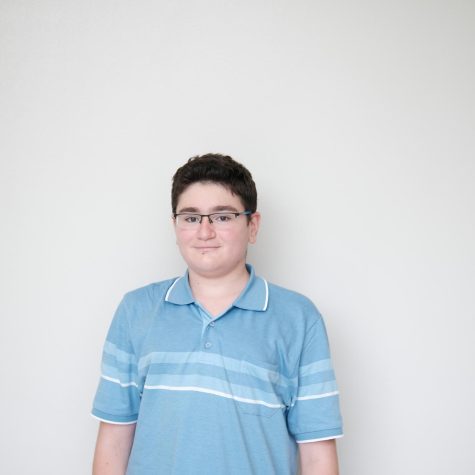
I love reading, learning, drawing cartoons, watching films, and discussing art, history, politics, and business. I also collect historical artifacts,...


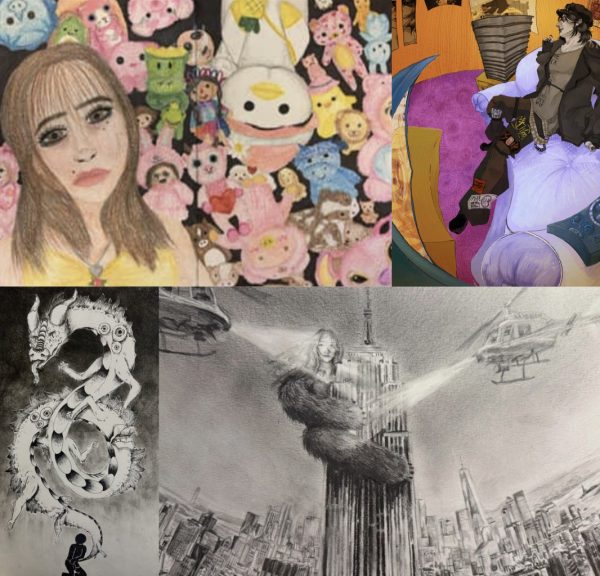
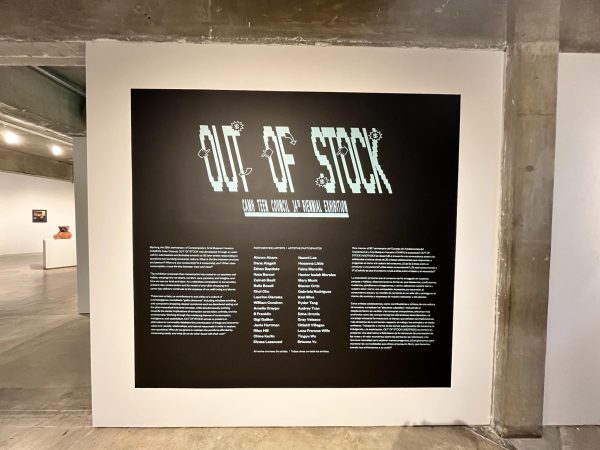
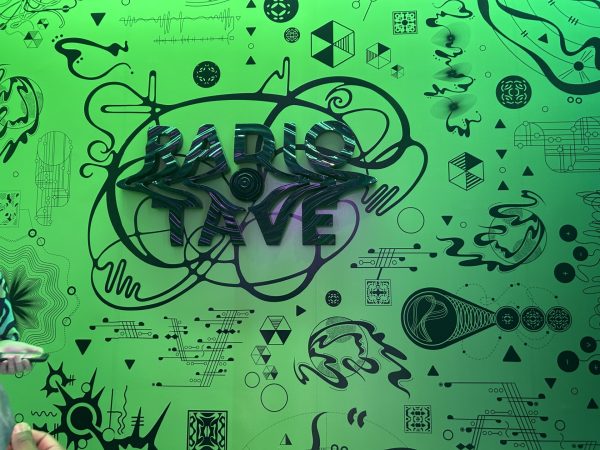
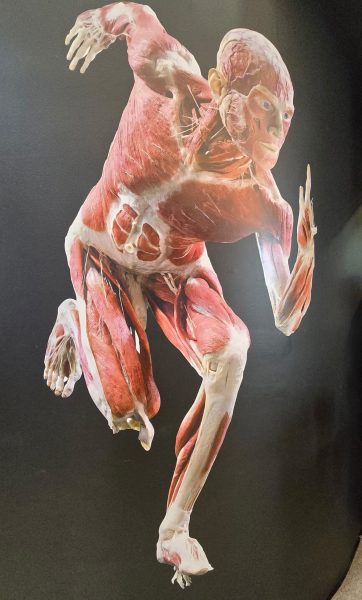
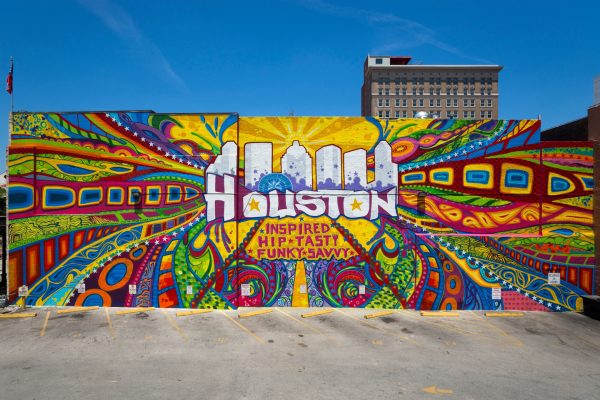
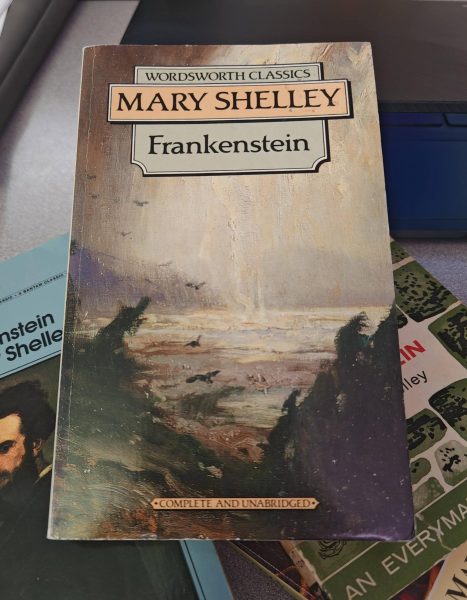
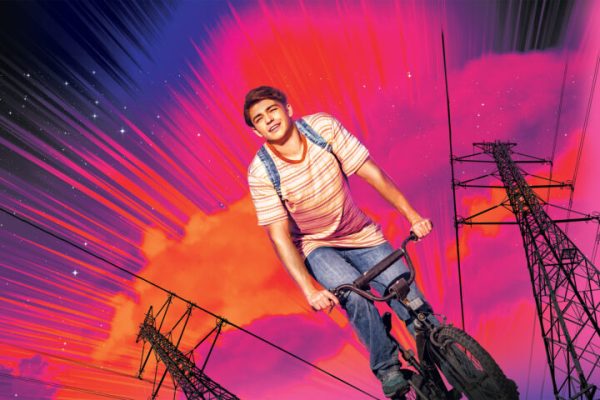
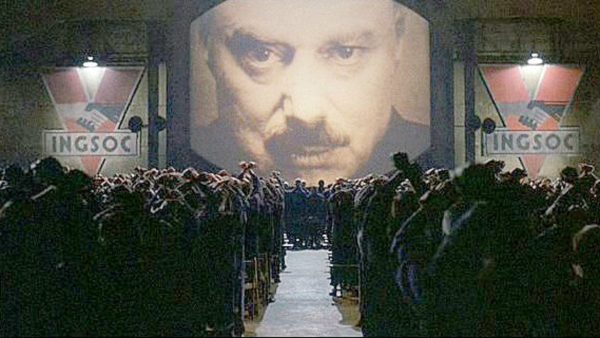
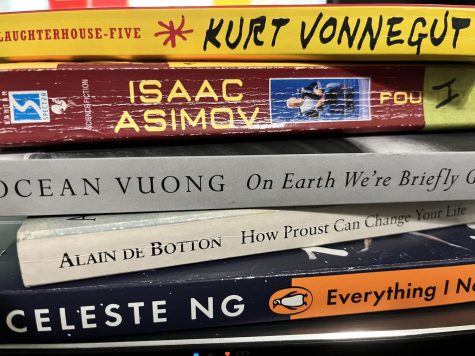
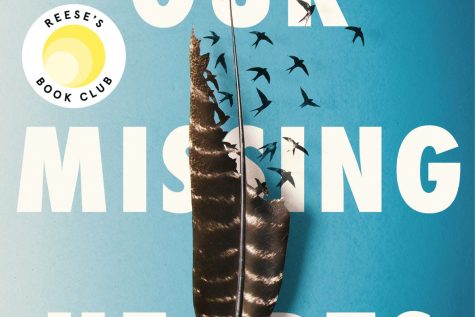
Rachel Bohenick • Mar 2, 2022 at 7:00 pm
I want to be offended that you didn’t like The Odyssey, but… eh. Haha. The new translation we read this year, by Emily Wilson, is much more accessible and entertaining, though!
I enjoyed your assessments and I love all the ones (that I’ve read) on your good list!
Kristen Davis-Owen • Feb 23, 2022 at 11:28 am
It made my teacher heart happy that 6 Galsses made the list, I love that book 😛 Kind of sad we don’t assign it anymore.
Hilary Nguyen • Feb 18, 2022 at 2:23 pm
I really like your reviews! Each one was so unique and descriptive. Your endings for each review were so good too.
Nadia Talanker • Feb 18, 2022 at 2:10 pm
love this article, not sure if it was intentional but the wordplay in “remarque’s remarkable novel” was also very clever
i like how you made individual reviews for each one rather than compare/contrasting them – it makes it so much more organized and easy to read
good job!!
Noah Mohamed • Feb 18, 2022 at 2:09 pm
Even though I disagree with your book choices (Crucible and Streetcar should be higher) I really liked how fun this article was and how you did a really good job summing up each book.
Jessica Lin • Feb 18, 2022 at 1:53 pm
I love how in-depth you went into each review. Although I have differing opinions, I can definitely see where you’re coming from. The descriptions helped me remember details that I’ve forgotten about.